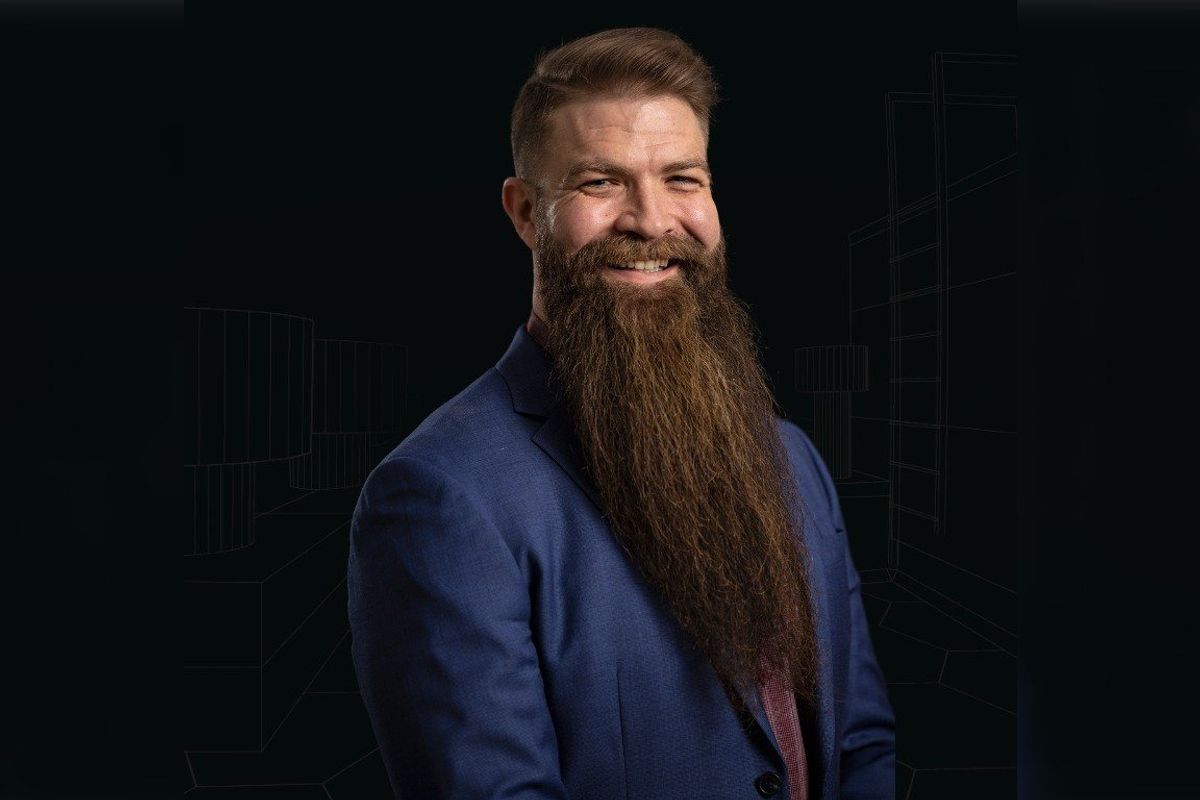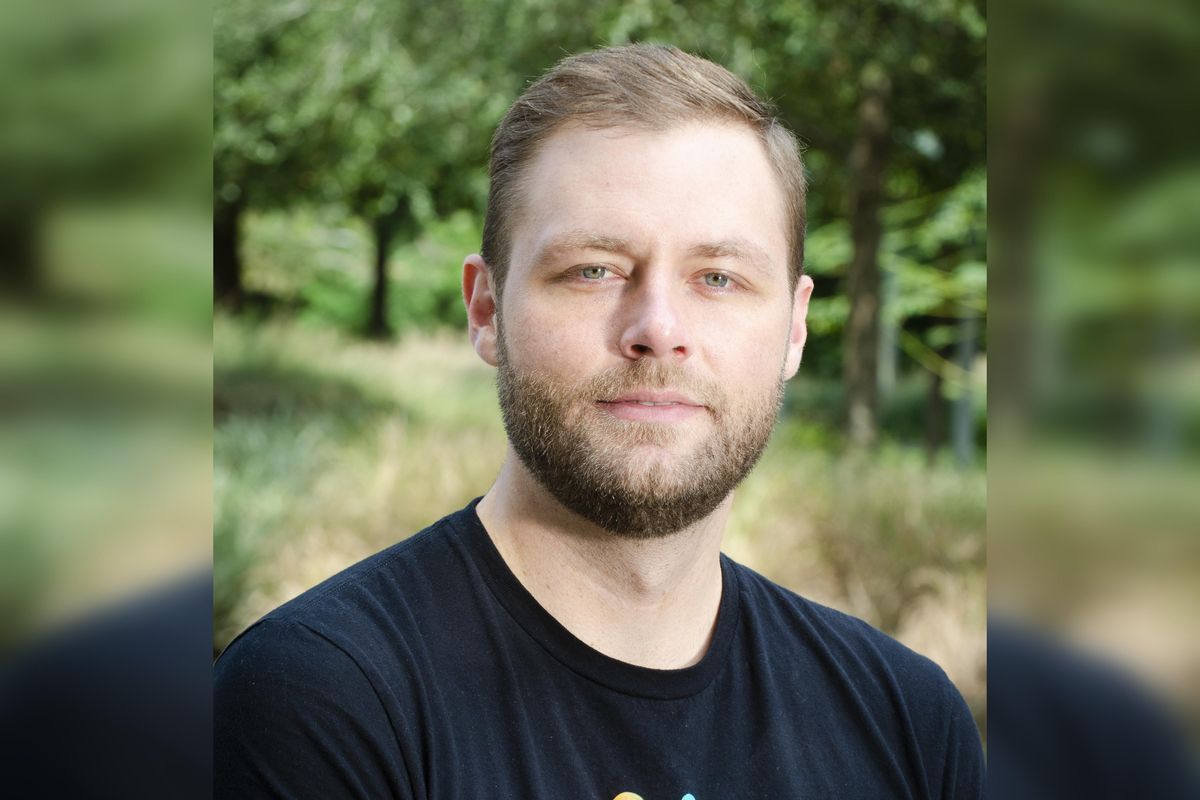12+ can't-miss Houston business and innovation events for September
where to be
Editor's note: Houston's business and innovation events are back in session. From the return of Houston Energy and Climate Startup Week to a send-off for an impactful innovation leader and several health conferences, here's what not to miss and how to register. Please note: this article may be updated to include additional event listings.
Sept. 5-7 — Houston Hackathon
Impact Hub Houston is bringing back the Houston Hacakthon this month, where developers of all skill sets can work together to propose solutions to some of the Bayou City’s most pressing issues. The event is focused on ideating, designing, and developing both policy-based and tech solutions to improve Houston.
This event starts Saturday, Sept. 5, at noon at the Ion. Register here.
Sept. 8 — Community Celebration: A Send-Off for Paul Cherukuri
Come out to the Ion to celebrate Paul Cherukuri, Rice’s first chief innovation officer, whose visionary leadership has left a lasting impact on Houston’s innovation ecosystem. Cherukuri is leaving the university to accept a position at the University of Virginia. Hear remarks from Cherukuri and enjoy a networking reception following the talk.
This event is Monday, Sept. 8, from 2:30-5:00 p.m. at the Ion. Register here
Sept. 11 — Houston Methodist Leadership Speaker Series – Dr. Evan Collins
The Houston Methodist Tech Hub at the Ion will host its recurring leadership speaker series, this time featuring Dr. Evan Collins, chief of the Houston Methodist Hand & Upper Extremity Center at Houston Methodist and the Houston Methodist Center for Innovation's first innovator-in-residency. Collins will present on the creative process of innovation.
This event is Thursday, Sept. 11, from 4:45-6 p.m. at the Ion. Register here.
Sept. 12 — Future of Space
The Greater Houston Partnership’s 2025 Future of Space event will feature a keynote address by Vanessa E. Wyche, acting associate administrator of NASA. In her new role, Wyche serves as NASA’s chief operating officer, leading more than 18,000 employees and overseeing an annual budget exceeding $25 billion. Discussions will highlight how Houston’s space ecosystem is driving economic growth, technological innovation and new opportunities across the region and the nation.
The event is Friday, Sept. 12, from noon-1:30 p.m. at the Royal Sonesta. Find more information here.
Sept. 15-19 — Houston Energy and Climate Startup Week
Houston Energy and Climate Startup Week returns for its second year, with panels, happy hours and pitch days focused on the energy transition. The week features major events, including the Energytech Nexus Pilotathon, the Rice Alliance Energy Tech Venture Forum, Halliburton Labs Finalists Pitch Day and many others. See a preview of the week on our sister site EnergyCapitalHTX.com and learn more in the event listings below.
This event starts Monday, Sept. 15. The Ion District will host many of the week's events. Find more information here.
Sept. 16 — Energytech Nexus Pilotathon
Grab breakfast and take in keynotes and panels by leaders from New Climate Ventures, V1 Climate, Halliburton, Energy Tech Nexus and many others during Houston Energy & Climate Week. Then hear pitches during the Pilotathon, which targets startups ready to implement pilot projects within six to 12 months.
This event is Tuesday, Sept. 16, from 8 a.m.-5 p.m. at GreenStreet. Get tickets here.
Sept. 16 — Meet the Activate Houston Cohort 2025 Fellows
Meet Activate's latest cohort, which was named this summer, and also learn more about its 2024 group during Houston Energy & Climate Week.
This event is Tuesday, Sept. 16, at 5 p.m. at the Ion. Register here.
Sept. 17 — Green ICU Conference: Sustainability in Health Care for a Healthier Future
Houston Methodist will host its inaugural Green ICU Conference during Houston Energy & Climate Week. The conference is designed to bring together healthcare professionals, industry leaders, policymakers and innovators to explore solutions for building a more sustainable healthcare system.
This event is Wednesday, Sept. 17. from 8 a.m.-3 p.m. at TMC Helix Park. Register here.
Sept. 18 — Rice Alliance Energy Tech Venture Forum
Hear from clean energy startups from nine countries and 19 states at the 22nd annual Energy Tech Venture Forum during Houston Energy & Climate Week. The 12 companies that were named to Class 5 of the Rice Alliance Clean Energy Accelerator will present during Demo Day to wrap up their 10-week program. Apart from pitches, this event will also host keynotes from Arjun Murti, partner of energy macro and policy at Veriten, and Susan Schofer, partner at HAX and chief science officer at SOSV. Panels will focus on corporate innovation and institutional venture capital.
This event is Thursday, Sept. 18, from 7:30 a.m.-5 p.m. at Rice University’s Jones Graduate School of Business. Register here.
Sept. 18 — ACCEL Year 3 Showcase
Celebrate Advancing Climatetech and Clean Energy Leaders Program, or ACCEL, an accelerator program for startups led by BIPOC and other underrepresented founders from Greentown Labs and Browning the Green Space. Two Houston companies and one from Austin are among the eight startups to be named to the 2025 group. Hear startup pitches from the cohort, and from Greentown's Head of Houston, Lawson Gow, CEO Georgina Campbell Flatter and others. This event is part of Houston Energy & Climate Week.
This event is Thursday, Sept. 18, from 5-8 p.m. at Greentown Labs. Get tickets here.
Sept. 19 — Halliburton Labs Finalists Pitch Day
Hear from Halliburton Labs' latest cohort of entrepreneurs during Houston Energy & Climate Week. The incubator aims to advance the companies’ commercialization with support from Halliburton's network, facilities and financing opportunities. Its latest cohort includes one company from Texas.
This event is Friday, Sept. 19, from 8 a.m.-noon at The Ion. Register here.
Sept. 21-25 — AI in Health Conference
The Ken Kennedy Institute at Rice University will present the fourth annual AI in Health Conference, which aims to bridge the gap between artificial intelligence and real-world health outcomes. The event will explore the current landscape of artificial intelligence in health and present a research-driven outlook for the future of computational health innovation.
This conference is from Tuesday, Sept. 23, to Wednesday, Sept. 24. Additional workshops will be offered on Monday, Sept. 22, and Thursday, Sept. 25. The events will be held at the BioScience Research Collaborative at Rice University. Find more information here.
Sept. 25 — Industrial AI Nexus Connect
InnovateEnergy and Industrial AI Nexus will host a talk by Matthew Alberts, manager of innovation and emerging technologies at Southern Company and author of "The Gen AI Manufacturing Revolution: Smarter Factories, Enhanced Products, and Reduced Costs." Alberts will present “The Gen AI Revolution," followed by happy hour and a complimentary book signing.
This event is Thursday, Sept. 25, from 5:30-7:30 p.m. at the Ion. Register here.

 Mike Francis is the CEO and co-founder of NanoTech Materials. Photo via LinkedIn
Mike Francis is the CEO and co-founder of NanoTech Materials. Photo via LinkedIn



 Apple doubles down on Houston with new production facility, training centerPhoto courtesy Apple.
Apple doubles down on Houston with new production facility, training centerPhoto courtesy Apple.





